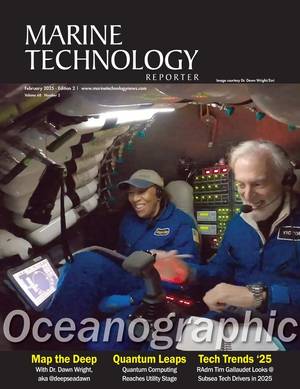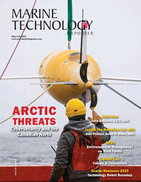EU Improves Shark Trade Monitoring
The European Commission is actively following up to the European Citizens’ Initiative (ECI) 'Stop finning – Stop the trade,' which asked the Commission for action to end international trade of loose shark fins.
From January 2025, the Commission will step up monitoring of shark product trade thanks to 13 new tariff codes for sharks and their fins. These codes will enable the tracking of the most traded shark species, including the blue shark and shortfin mako. The Commission will closely monitor import and export data based on these new codes, and the data will be made available to the public through the Eurostat international trade database.
The Commission has also completed the first stage of its impact assessment on a trade ban on detached fins and a range of alternative policy measures, conducted in response to the ECI. This first stage consisted of a public consultation, held between February and July 2024.
The consultation confirmed a high level of public interest in shark management and protection, with 3,455 replies submitted mostly by EU citizens.
The results show a clear expectation for the EU to take additional action to protect sharks.
This consultation will guide further impact assessment work, including an external study that will be carried out over 2025.
Sharks play a vital role in maintaining the balance of marine ecosystems and are vulnerable to human activities. Despite efforts to improve the conservation and management of sharks in recent years, many populations of sharks are in a critical situation. Over one third of shark species are threatened with extinction, i.e. considered critically endangered, endangered or vulnerable. Shark finning is one of the main threats for the conservation of these species.
Since 2003, the ‘Shark Finning Regulation' prohibits shark finning on EU vessels.

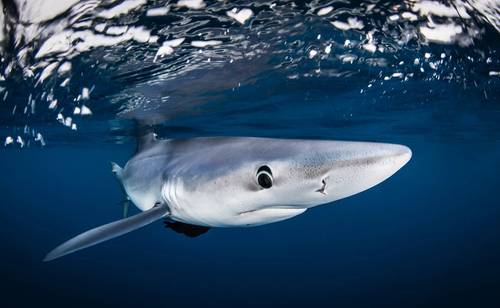


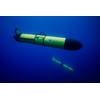
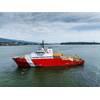

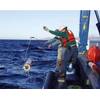






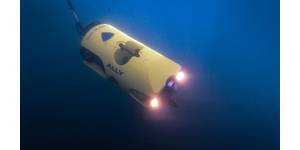
 February 2025
February 2025
